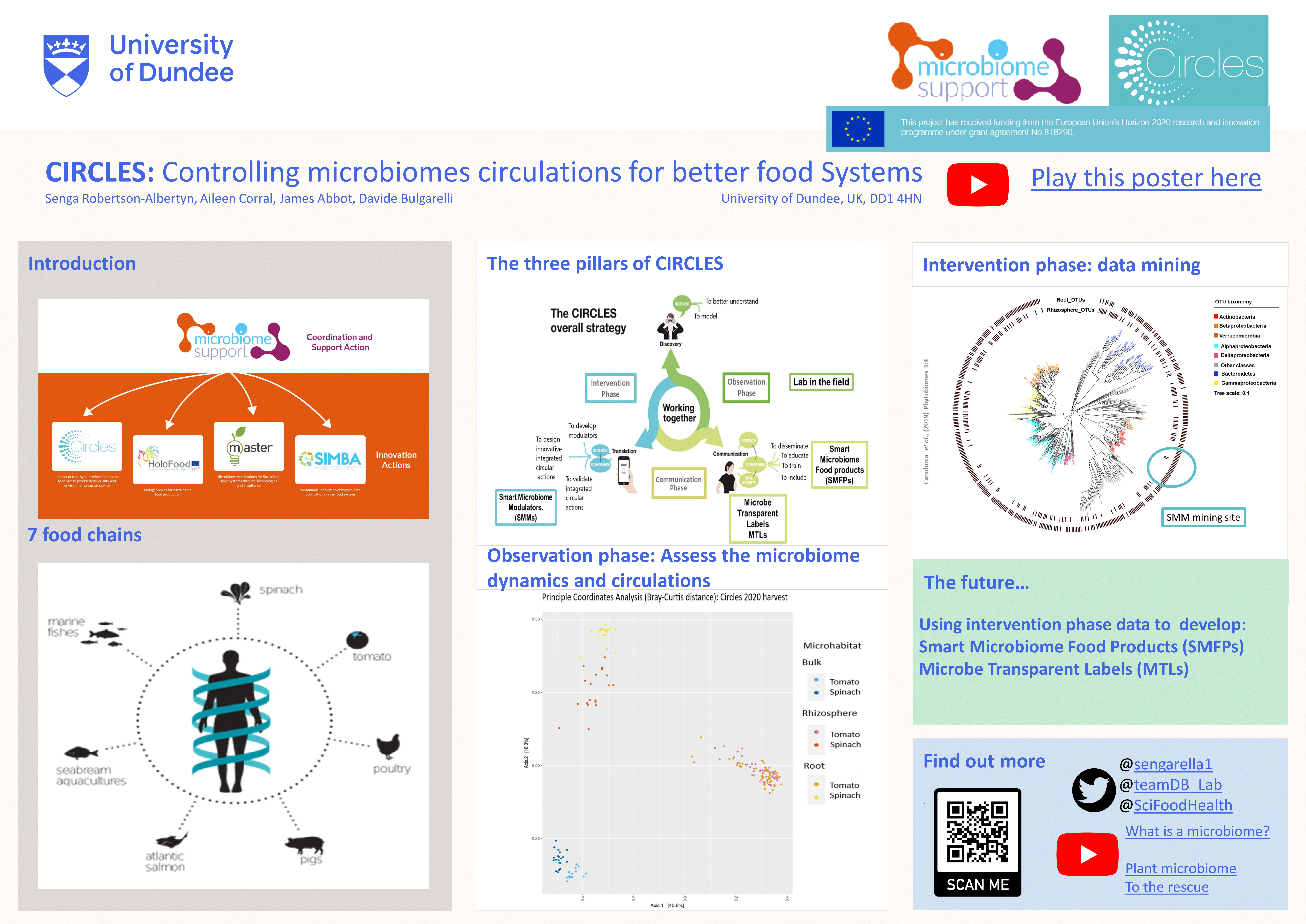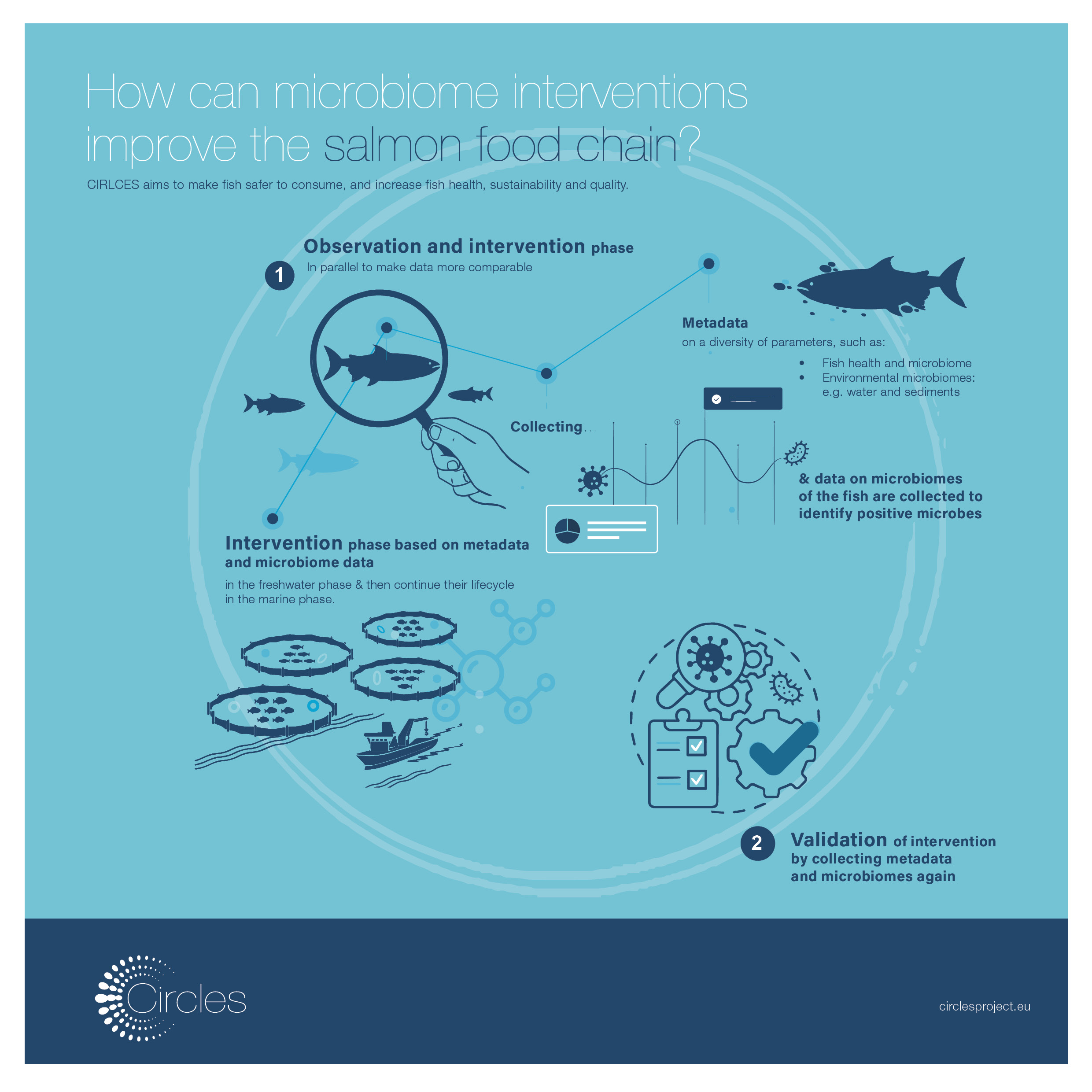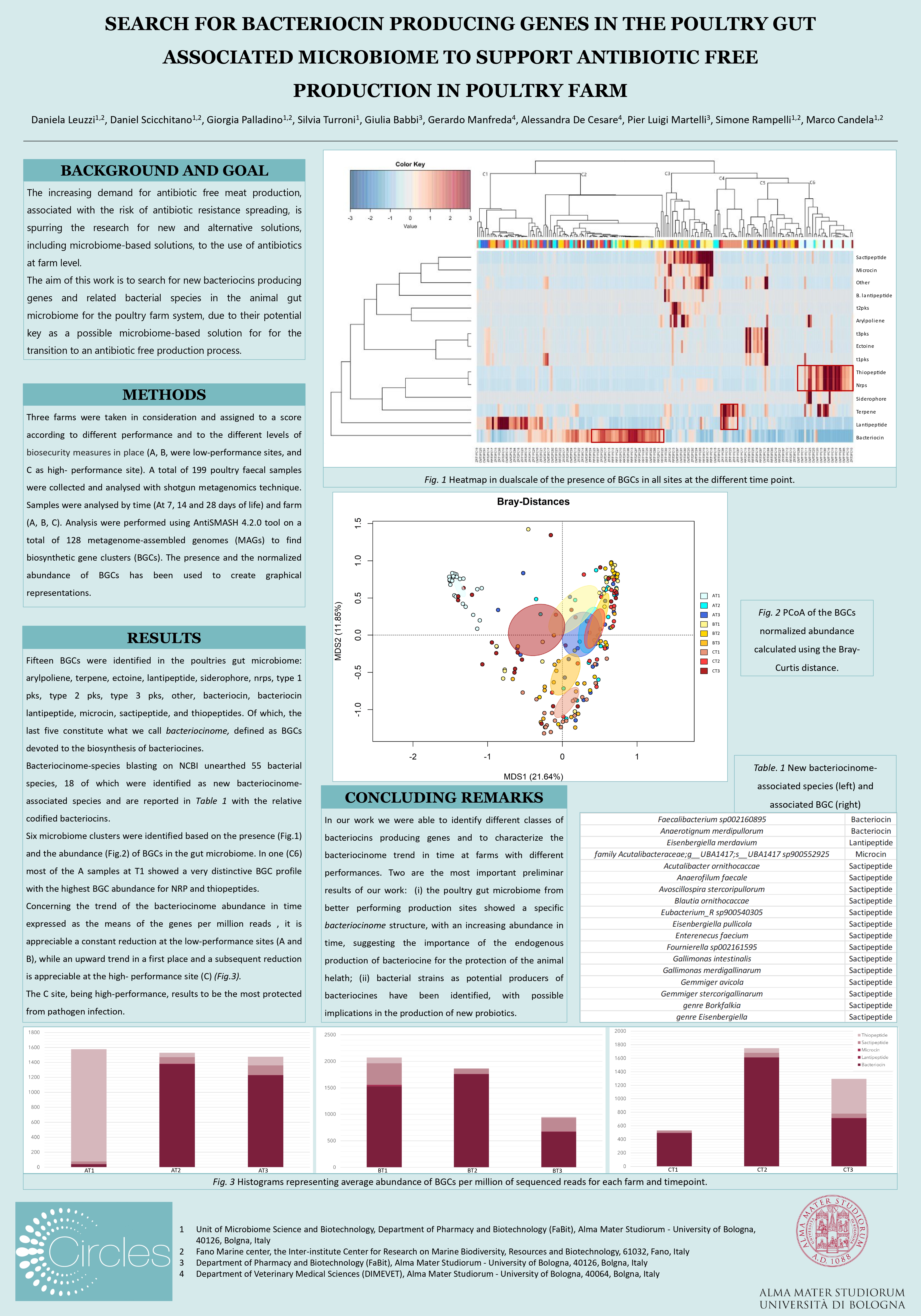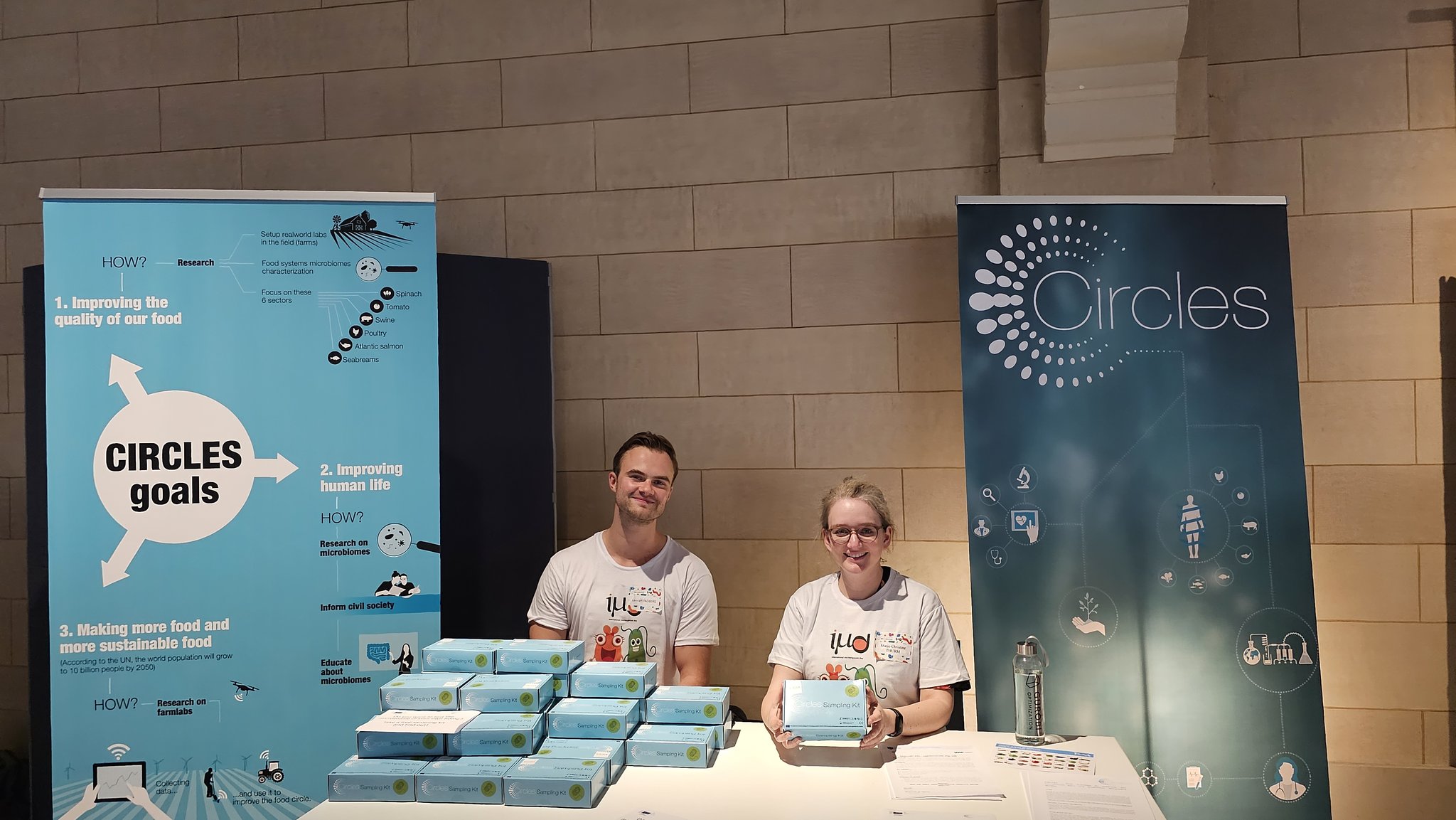United Nations has designated 2021 as the International Year of Fruits and Vegetables. Hence there is a unique opportunity to address the important contributions of fruits and vegetables to human nutrition, food security and health, as well as to the achievement of the United Nations Sustainable Development Goals. One of the objectives of the theme is “to share best practices on promotion and consumption, improved sustainability, supply chains and capacity strengthening”.
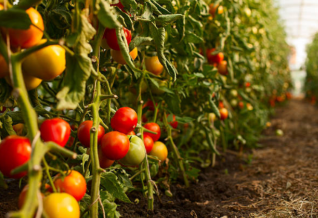
In effort to improve sustainable food production through innovation and technology, CIRCLES’s work perfectly aligns with this idea. One of CIRCLES’s ambitions is the in-depth study of microbiomes in tomato and spinach food chains. The information retrieved from such research is crucial to develop and validate microbiome-tailored circular actions that improve the growth, development and health of crops and thereby improve productivity, safety, and sustainability of these plant food chains.
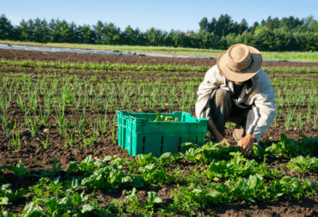
Tomato and spinach food chains are at the centre of crop production across Europe. Unfortunately, it is still common that these food chains are linked with agrochemical applications, resulting in a heavy environmental burden. CIRCLES partners aim to counteract this problem by integrating naturally occurring plant microbiomes into crop production following scientific methodologies. This “lab-in-the-field” approach allows for preservation of the natural resources and at the same time supports the establishment of safe and nutritious vegetable production systems in Europe.
The overall strategy follows a two-pronged methodological approach: 1) On the “lab-in-the-field” sites, researchers study the outcomes of plant-microbiome interactions under real-world settings. DNA sequencing methods (i.e. 16S, Next Generation and ITS Sequencing) are performed to assess microbiome dynamics and circulations in specific food systems. Genetic and molecular drivers of plant microbiomes are observed to identify healthy producing plants and less-healthy producing plants. 2) With the use of bioinformatic tools, researchers then analyze commonalities and differences between regions, food crops, genotypes and yields to get information on what microbiome components are unique to areas of particular interest such as yield or nutritional content. This data will ultimately help in designing and implementing Smart Microbiome Modulators (SMMs) – naturally occurring microbes that are used to restore the healthy microbiome of plants. The SMMs have great potential because they are applicable to numerous food systems besides tomato and spinach.
In order to get a more holistic understanding of the aims and objectives of CIRCLES, including an explanation of the different project phases, check out the interactive poster and video below which were prepared by Dr. Senga Robertson-Albertyn and her colleagues from the Division of Plant Sciences at the University of Dundee, Scotland.
